
How To Swallowing Anxiety 6 Tips to Relieve Anxiety Symptoms?
Extreme anxiety and fear at the thought of swallowing. Panic attacks. Rapid heart rate and breathing. Reluctance or avoidance of eating or drinking in front of others. Sweating. Switching to an all-liquid diet as an attempt to alleviate some of the anxiety around swallowing food. Weight loss.

478 The Deceptively Simple Breathing Technique Proven to Help You Fall Asleep ☆ HEALTH
Sweating when thinking about swallowing. Drinking frequently during meals and consuming very small mouthfuls of food to help in swallowing. Avoidance or reluctance of drinking or eating in the presence of others. Changing to an all-liquid diet in hopes of alleviating the anxiety caused by swallowing food.

[SOLVED] HOW TO SWALLOWING ANXIETY? YouTube
Tilt the head forward and hold for 10 seconds. Raise it back to the center. Roll the head to one side and hold for 10 seconds. Bring it back to the center and repeat on the opposite side. Shrug.
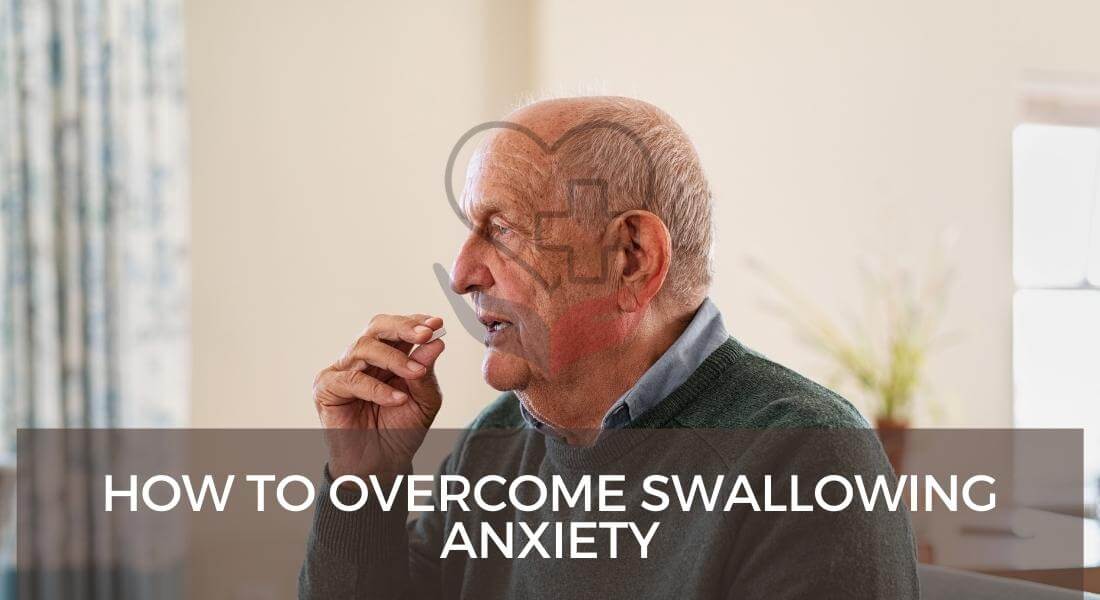
How To Swallowing Anxiety? Here Are Some Tips For You2022 Daily Human Care
Difficulty swallowing from anxiety. It is not uncommon to experience difficulty trying to swallow if we are feeling anxious. This can occur because we become overly sensitive to the automatic bodily functions that are normally controlled by the autonomic nervous system. For example, swallowing is a natural reflex.
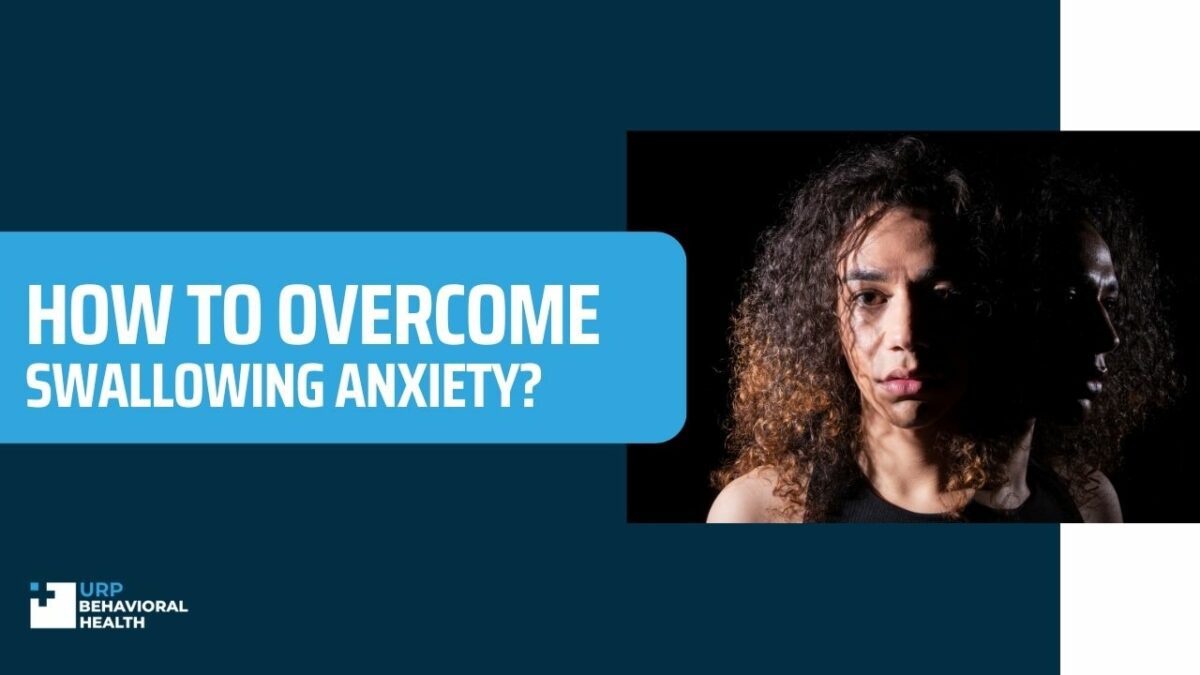
How To Swallowing Anxiety? Behavioral Health
Overcoming swallowing anxiety, or phagophobia, often begins with cognitive-behavioral therapy (CBT). This method has shown significant success. It helps by changing the thought patterns that contribute to the fear of swallowing. Patients learn to identify and challenge their fears in a safe environment.

How To Swallowing Anxiety? Behavioral Health
A new study has found that anxiety related to swallowing disorders was a better predictor of symptom severity than a standard clinical exam, according to the findings published in The American Journal of Gastroenterology. While clinical exams are still important, psychological causes may be an underappreciated contributor to physical symptoms.

How to Swallowing Anxiety YouTube
A pattern of 4-7-8, or breathing in for 4 seconds, holding for 7 seconds, and breathing out for 8 seconds, is usually recommended to help relax muscles and relieve anxiety. Deep breathing also helps with opening the larynx, which can help with your ability to swallow. Some exercises include saying "ah" as you breathe out to help relax the.

Swallowing and throat problems how they are found and treated? Excel ENT
Overcoming swallowing anxiety may require a multi-faceted approach that addresses the underlying causes and provides coping strategies. Here are some steps that may help: Seek professional help: If swallowing anxiety significantly affects your daily life, it's important to seek professional help from a qualified healthcare provider, such as a.
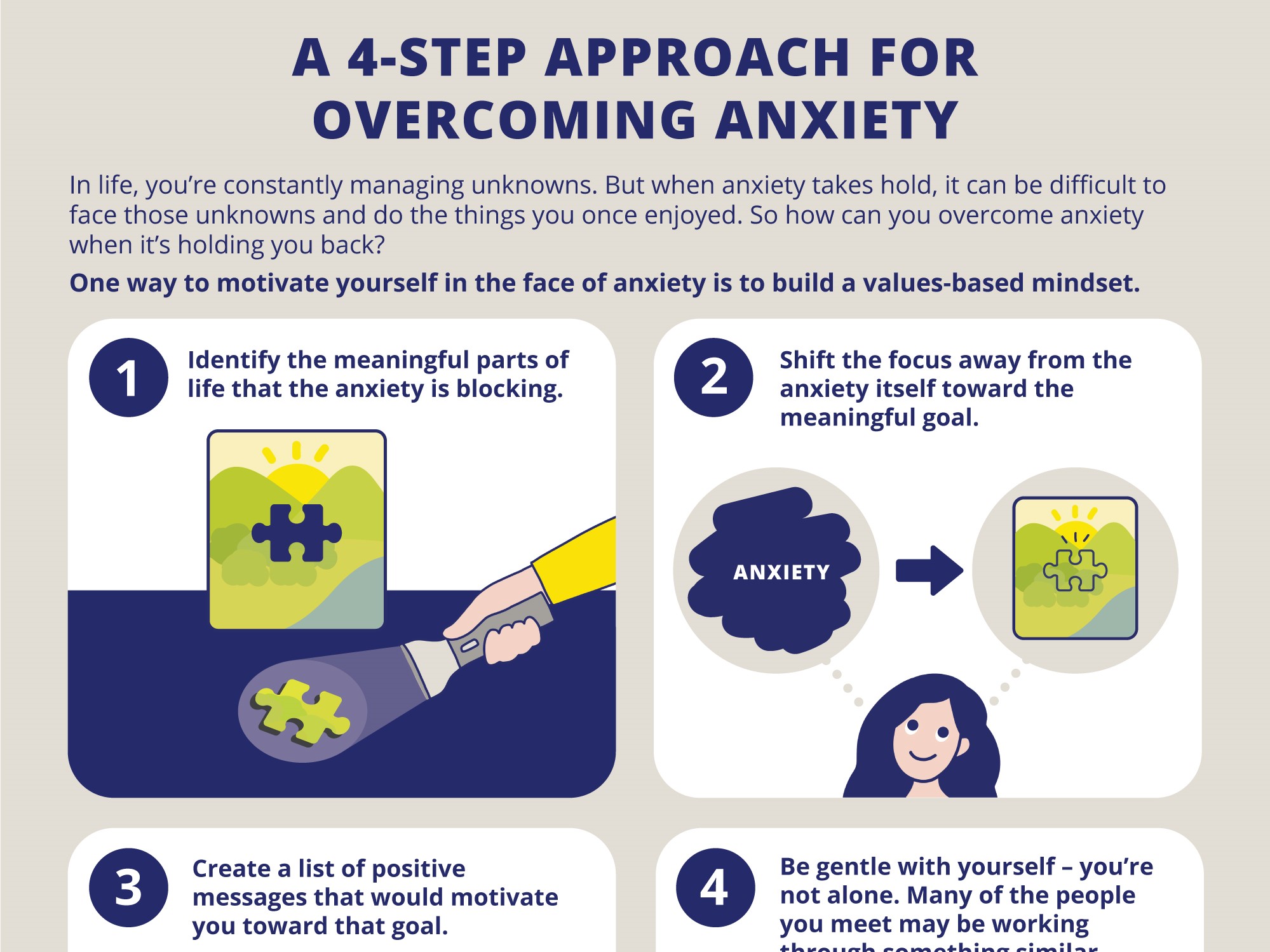
[Infographic] A 4Step Approach for Anxiety NICABM
Eat Slower. Some people with phagophobia can better manage their symptoms by eating more slowly. They can chew their food longer, take smaller bites, and drink between bites. Eating slowly also has benefits for the body since it improves digestion. This may help desensitize you to the swallowing sensation.
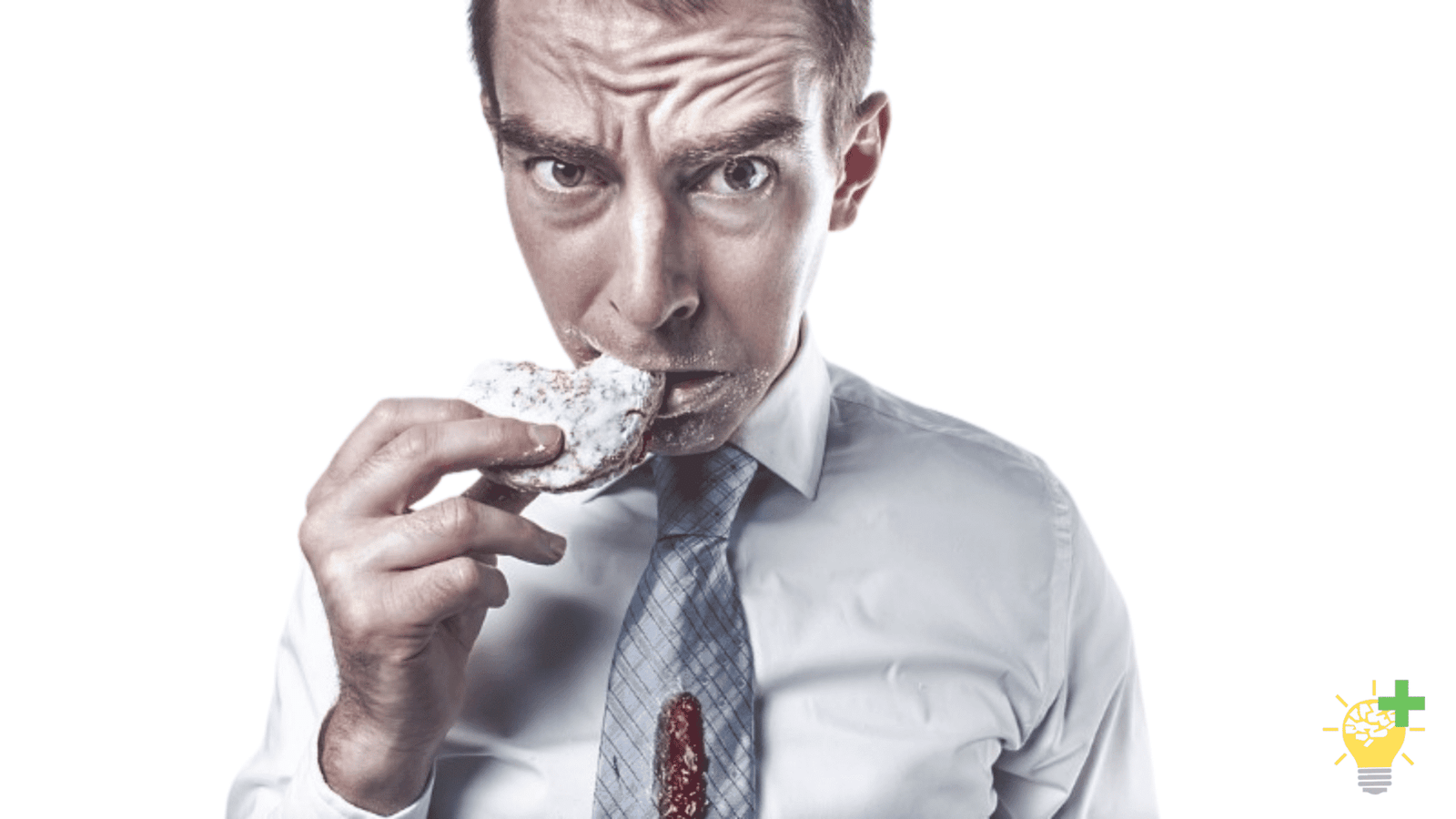
How to Swallowing Anxiety (Fear of Swallowing)
Include zinc and magnesium-rich foods such as eggs, cashews, beef, nuts, leafy greens, whole grains, and legumes to relieve anxiety symptoms by promoting the natural release of pleasure-inducing neurotransmitters - dopamine and serotonin. 4. Avoid Skipping Meals.

How To Swallowing Anxiety 6 Tips to Relieve Anxiety Symptoms?
Fear of Swallowing: How To Overcome Swallowing Anxiety. Fear of swallowing, also known as swallowing anxiety or phagophobia, is a distressing condition that can significantly impact a person's quality of life. It can manifest as an intense fear or anxiety around swallowing food, liquids, or even saliva. Various factors, including past.

Here's How to Manage Anxiety
Anxiety doesn't necessary affect swallowing directly, but it does affect the motor process that is required to swallow. The experience of trouble swallowing is rarely dangerous, but can feel dangerous. Some health conditions that are exacerbated by anxiety can also make it harder to swallow. Learning to distract yourself can help make it.
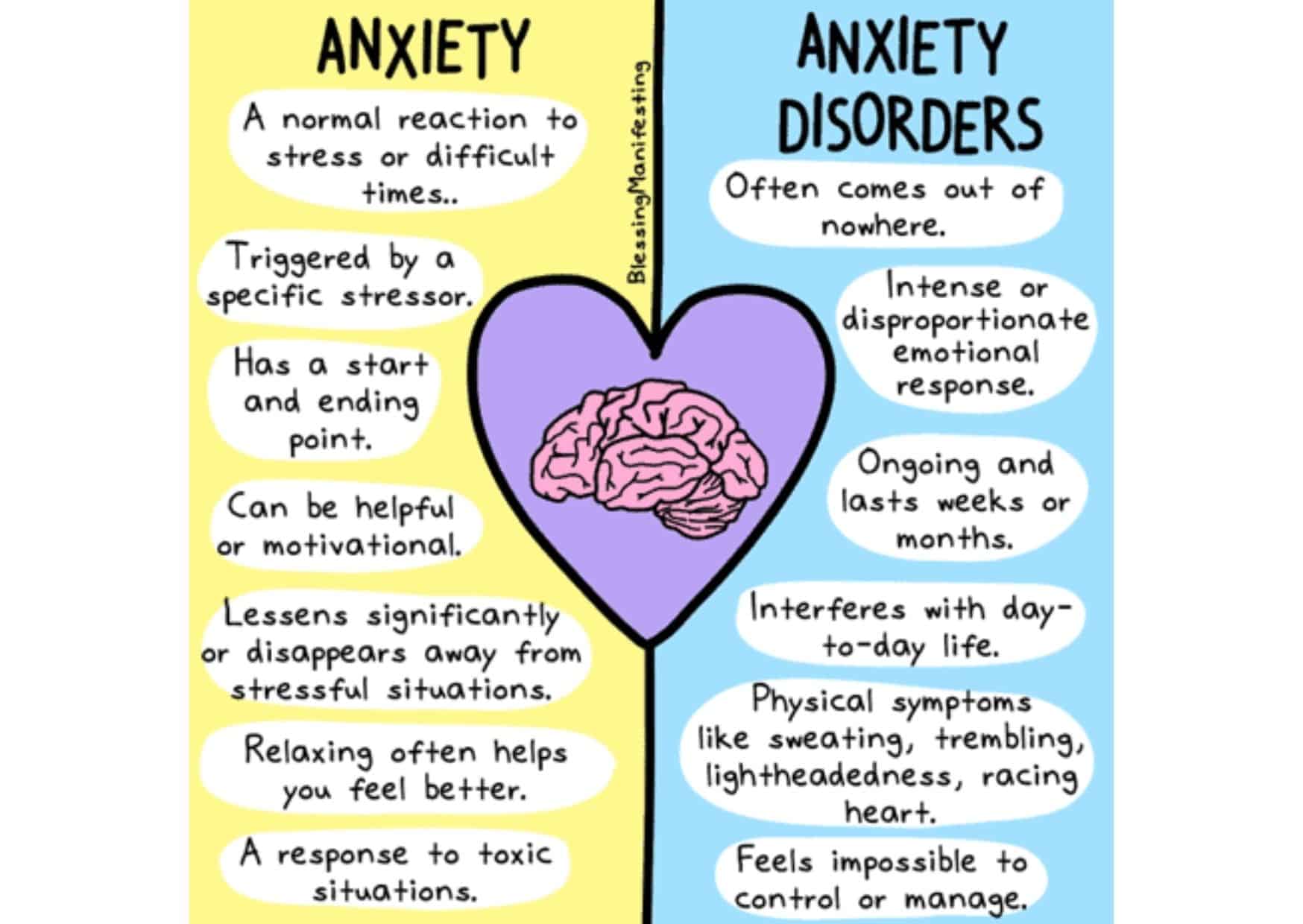
How To Anxiety and Feel More at Ease LifeHack
Discover the root causes of Trouble Swallowing Anxiety and learn how to cope with it. Explore effective techniques to overcome the challenges with swallowing.
:max_bytes(150000):strip_icc()/manage-your-anxiety-2584184-01-07daf91ba6de41d19f827cf65ceef07a.png)
Simple Steps to Help You Cope With Anxiety
Dysphagia can have many different causes. Some cases of dysphagia are due to structural abnormalities or disease, and some are considered functional, where there is no apparent physical cause. Psychiatric reasons for dysphagia include anxiety disorders, depression, phobias, somatic symptom disorder, and more.
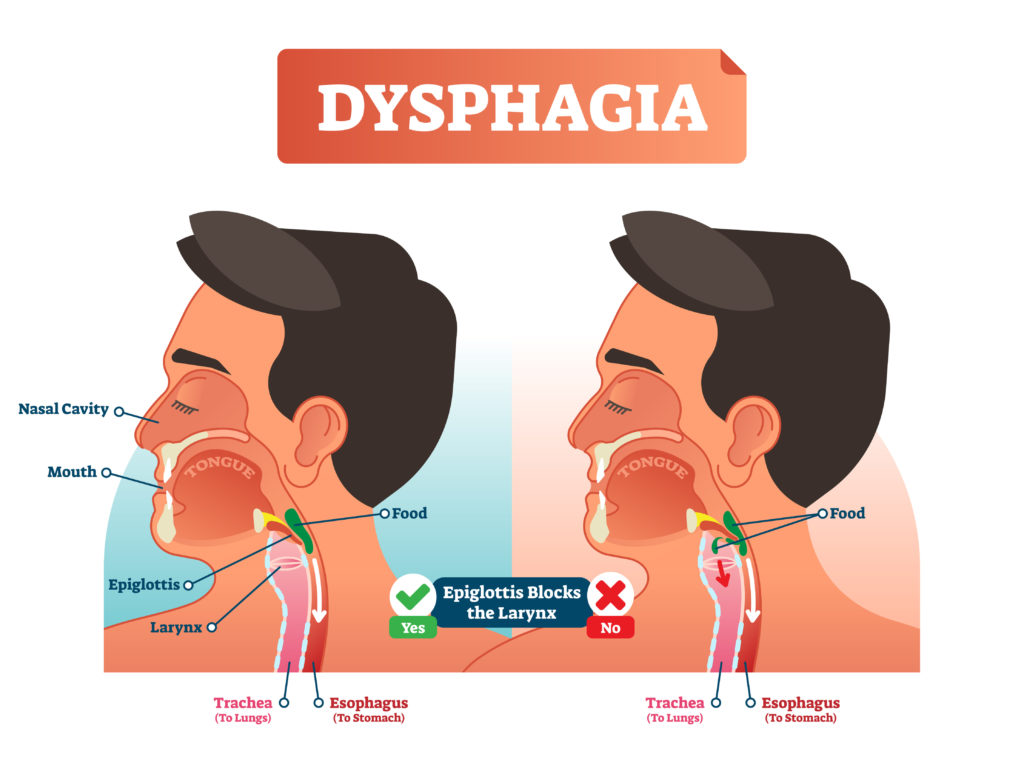
Swallowing and Strengthening Exercises for Dysphagia Home Heatlhcare
Brain dysfunction. Damage to the brain and spinal cord can interfere with the nerves needed for swallowing. Causes include: stroke: a blockage in the blood supply to the brain that can lead to.

How To Swallowing Anxiety 6 Tips to Relieve Anxiety Symptoms?
Let's start with the sensation itself. Preventative measures are a great way to address swallowing anxiety sensations. Avoiding cigarette smoke, alcohol and caffeine can help reduce some people's symptoms, as can sipping chilled carbonated water instead of clearing your throat. That's right — instead of clearing your throat.
- Kaise Mujhe Tum Mil Gayi Serial Written Update
- Wreck It Ralph Vanellope Von Schweetz
- Sydney To Qingdao Direct Flight
- Do White Tail Spiders Travel In Pairs
- 1 To 10 In Punjabi
- Luxembourg National Football Team Vs Slovakia National Football Team Lineups
- Esl Pro League Season 18
- Black Tuxedo With Black Shirt
- Save The Last Dance Ost
- Is Rod Stewart Touring Australia In 2023
